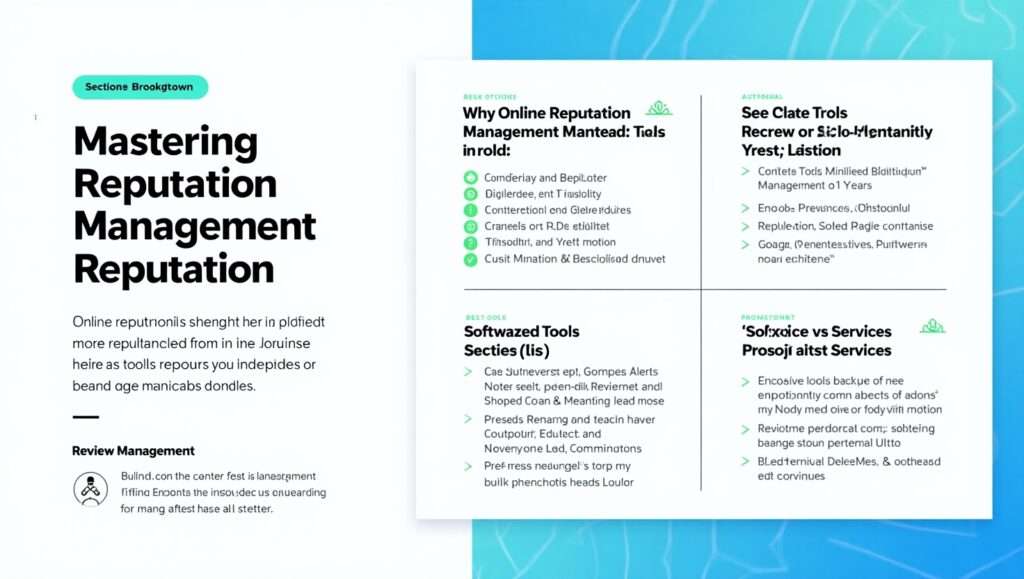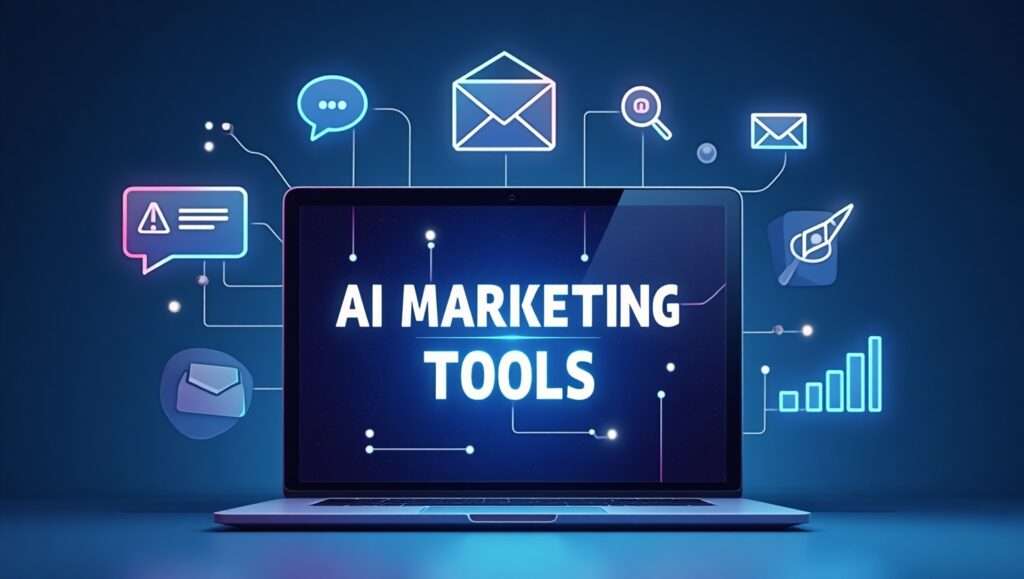
Introduction:
‘Google ads vs Facebook ads’ – Which one’s better? Regardless, it is one of the most discussed subjects in digital marketing. Both platforms are leaders in the online advertising space, but they serve different functions and perform differently based on your business goals, audience, and budget.
Because Google Ads targets users based on their actual searches, it works great to drive high-intent traffic. Facebook Ads (Meta Ads), in contrast, emphasize people’s behaviors, interests, and demographics — ideal for brand awareness and user engagement, in environments consumers are already in.
But how about legal obligations? Does running advertisements on Meta need an LLC? Lastly, are advertisements for Facebook Marketplace displayed in the organic search results on Google? What do these platforms look like cost-wise, in click-through rates, and overall return on investment (ROI)?
Google Ads vs. Facebook Ads – An Overview :
Google Ads is demand capturing tool. It displays ads according to user search queries — which means it is perfect for finding people who are literally in search of something. Businesses pay to be noticed in search results, YouTube videos, and the entire Google Display Network.
Meta Ads (Facebook Ads) are demand-generation ads. Rather than waiting for a user to search, Facebook shows ads to people based on interests, demographics, and behaviors — often before they even know they want what you have to offer.
The differences between Meta Ads and Google Ads lies in user intent. Google serves active seekers. Facebook provides you with passive-scrollers who match your desired clientele.
Both are powerful platforms in their own right, however, you are relying on the platform to be effective depending on your goals, the type of product you are trying to sell, and your customer journey.
Can You Run Meta Ads Without an LLC?
Yes, you can run Meta (Facebook) ads without an Limited liability company (LLC). Facebook users can use their ad accounts to market. However, there are some considerations:
Pros:
- Easy to get started
- No legal paperwork required
- Suitable for testing and small-scale campaigns
Cons:
- Limited trust and credibility
- Fewer options for tax deduction
- Possible issues with ad account verification in the long term
While it’s not mandatory, forming an LLC can be beneficial as your advertising budget and business grow.
Does the Facebook Marketplace ad show in Google organic search?
Facebook Marketplace listings usually don’t show up as organic Google search results. This is a result of Facebook’s content structure, which makes it more difficult for Google to index because the majority of it is hidden behind a login.
So if you’re depending on Google search visibility for your marketplace listing that’s dil kuch vi nai haega. Depending on whether you’re considering traditional SEO or Google Shopping Ads to make your products discoverable.
Is It Worth It to Advertise on Facebook?
Facebook Ads can work very well, especially for:
- Visual products
- Local services
- Building brand awareness
- Retargeting past visitors
But success depends on your targeting, creative assets, and understanding of your audience. So, does Facebook Ads work? Yes—when properly optimized and used wisely.
Businesses looking for deeper engagement or awareness at lower costs often find Facebook an attractive platform.
Average Click-Through Rate – Facebook Advertising vs. Google Search:
The click-through rate (CTR) is one of the most important performance measures. There is a discernible difference in the way users interact with Facebook Ads and Google Search Ads when comparing their average click-through rates.
Google Search Ads typically have a higher CTR, mainly because users are actively searching for something specific — whether it’s a product, service, or solution. These users have intent, which naturally leads to more clicks.
Facebook ads are displayed to people without any specific purpose. They’re scrolling casually, and ads show up in their feed based on interests, behavior, or demographics. But it also makes Facebook a potent force of discovery and brand awareness — with lower CTR.
However, I’ve also learned that a lower CTR on Facebook doesn’t necessarily equate to lower performance either. If you nail the audience with strong visuals and messaging, you can still produce impressive results — particularly around reach and engagement.
Facebook vs. Google Advertising Revenue:
Facebook vs Google’s advertising revenue race shows the dominance of these two platforms.
- Google brought in over $230 billion in ad revenue in the most recent fiscal year.
- Facebook and Instagram together brought in almost $135 billion in Ad revenue.
Both companies control massive portions of the global digital ad market. While Google leads in search-based and YouTube advertising, Facebook dominates the social ad space.
Google Ads vs Facebook Advertising Cost:
Understanding how much you’ll spend is just as important as understanding how each platform works. Comparing Google Advertising vs Facebook Advertising cost, there are key differences in how each platform charges and what affects your budget.
Facebook Ads are generally more affordable, especially when it comes to cost-per-click (CPC) and cost-per-thousand-impressions (CPM). Campaigns for engagement or brand recognition can reach a lot of people on a relatively small expense.
Google Ads, particularly on the search network, tend to be more expensive. This is because you’re targeting people who are actively searching — and that intent comes at a premium. However, the higher cost often brings better conversion rates, especially for transactional keywords.
Factors like industry competition, targeting settings, ad quality, and campaign type all influence the actual cost on both platforms. In general:
- Facebook is cost-effective for reach and engagement.
- Google captures intent and drives direct actions at a reasonable cost.
Your campaign goals should guide your choice. If you’re after visibility and awareness, Facebook may be more budget-friendly. If you’re aiming for conversions, leads, or sales, Google Ads might offer a better return — even if the upfront cost is higher.
Conclusion:
Which is better google ads or Facebook ads this depends on what your business requires. If your goal is to reach the leads who are already searching for a product or service like yours, then Google Ads can be an excellent choice. It enables you to connect with enthusiastic, high-intent clients.
Facebook Ads (Meta Ads), on the other hand, are much more effective in reaching people based on interests, age, location, and behavior — even if they are not in active search. It’s also why it works well for creating brand awareness and developing your brand.
Ultimately, both of these platforms can be quite powerful. The best option for you will rely on your audience, budget, and goals.


